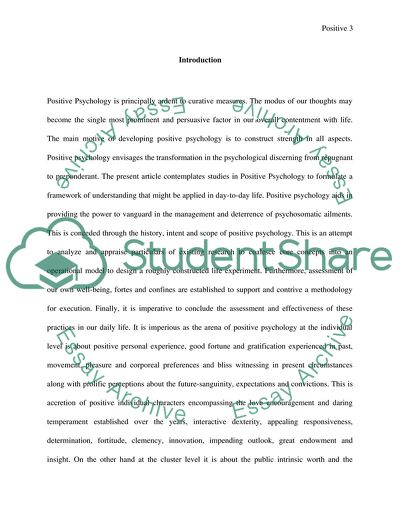Cite this document
(Specifics of Positive Psychology Research Paper, n.d.)
Specifics of Positive Psychology Research Paper. Retrieved from https://studentshare.org/psychology/1742679-core-assessment-positive-psycology
Specifics of Positive Psychology Research Paper. Retrieved from https://studentshare.org/psychology/1742679-core-assessment-positive-psycology
(Specifics of Positive Psychology Research Paper)
Specifics of Positive Psychology Research Paper. https://studentshare.org/psychology/1742679-core-assessment-positive-psycology.
Specifics of Positive Psychology Research Paper. https://studentshare.org/psychology/1742679-core-assessment-positive-psycology.
“Specifics of Positive Psychology Research Paper”, n.d. https://studentshare.org/psychology/1742679-core-assessment-positive-psycology.


